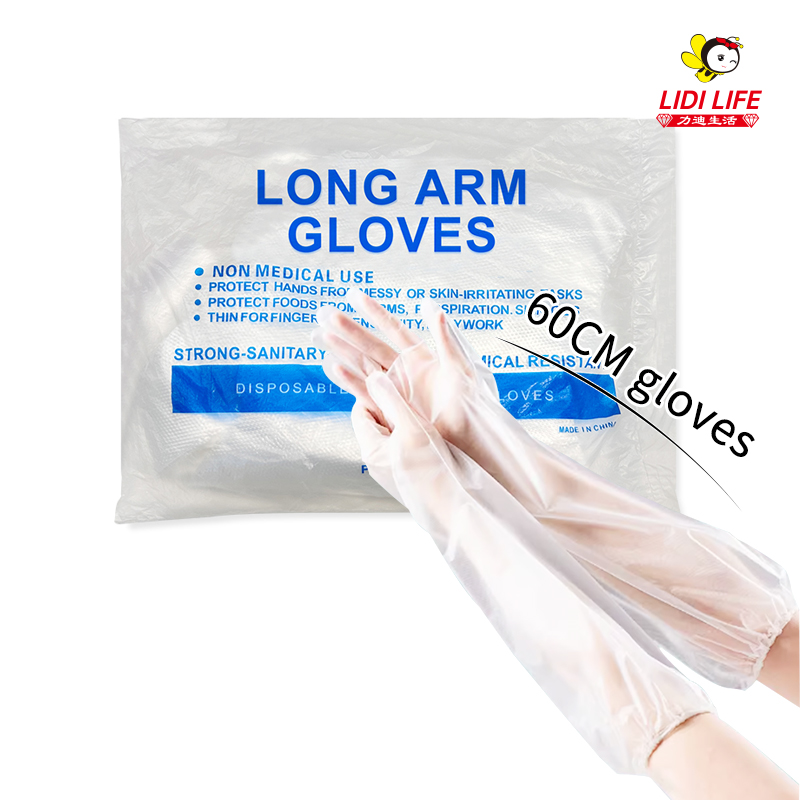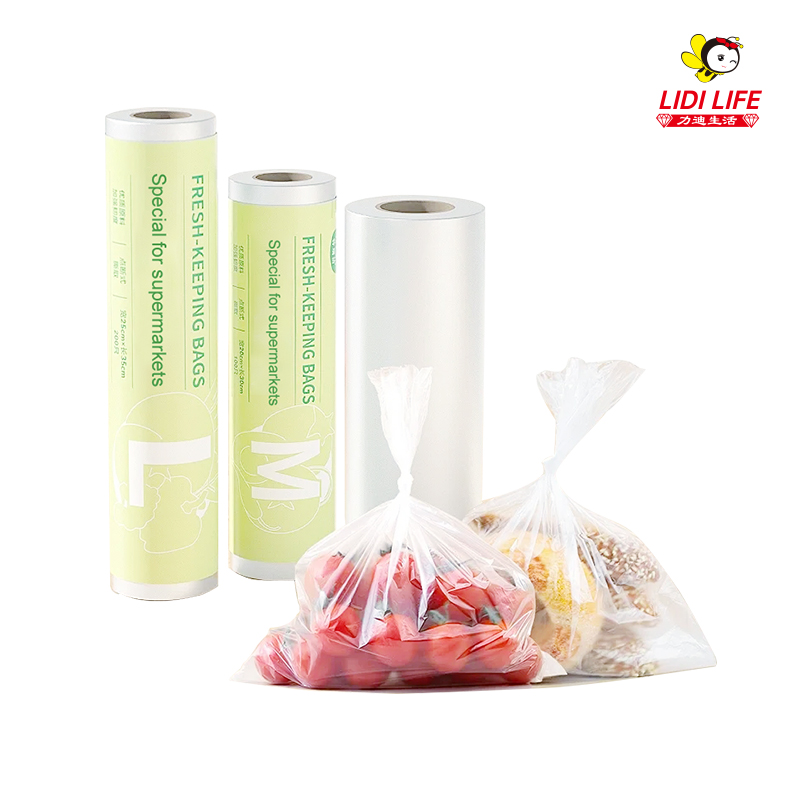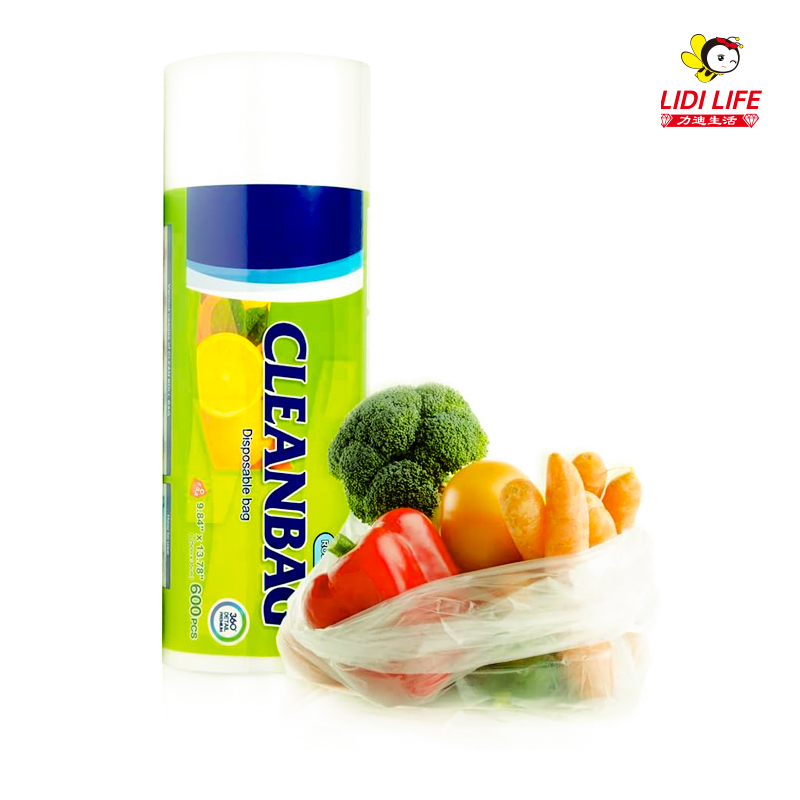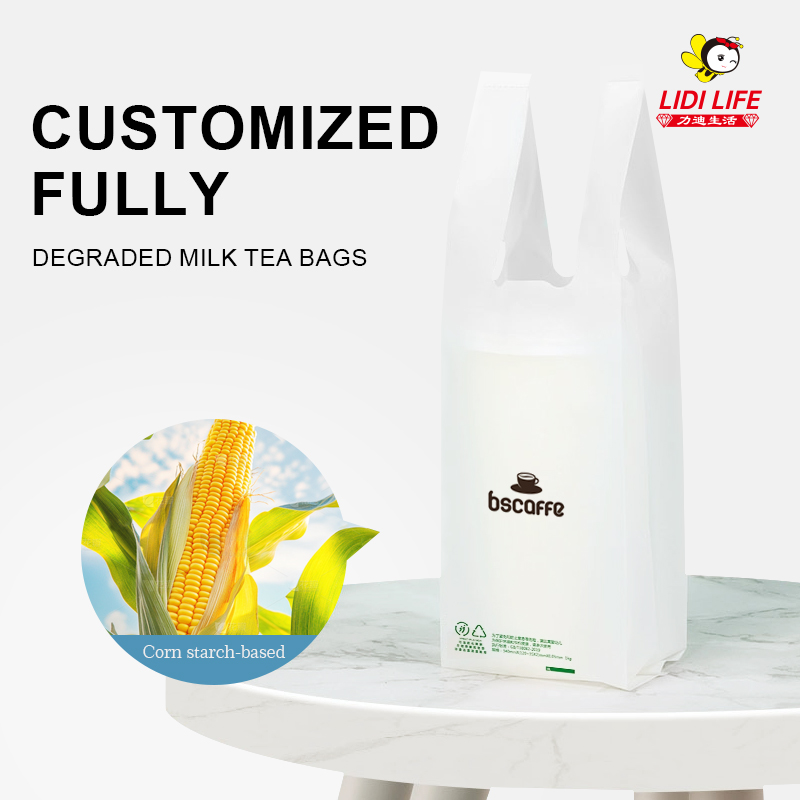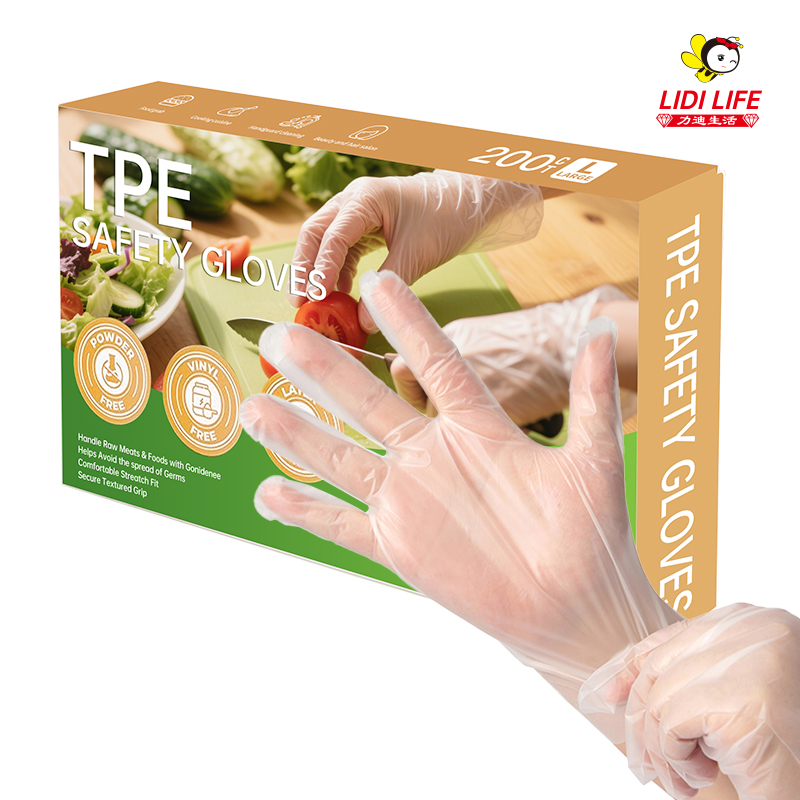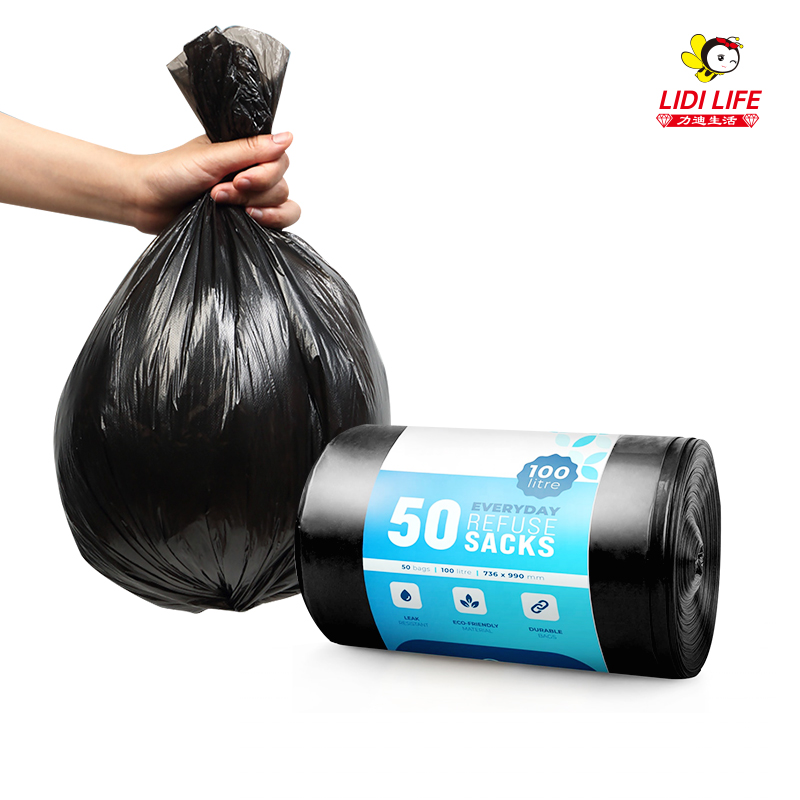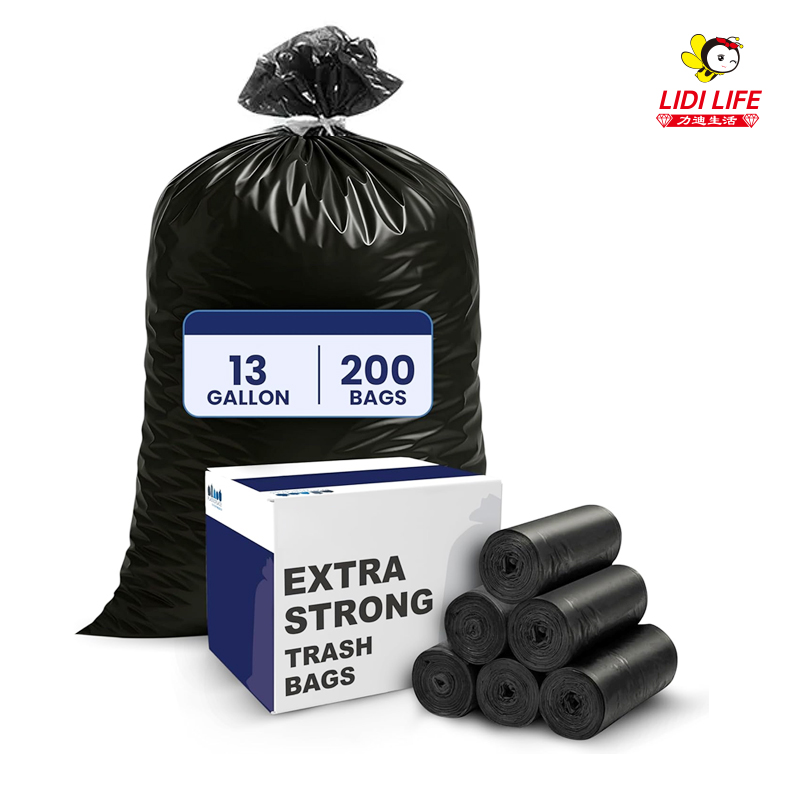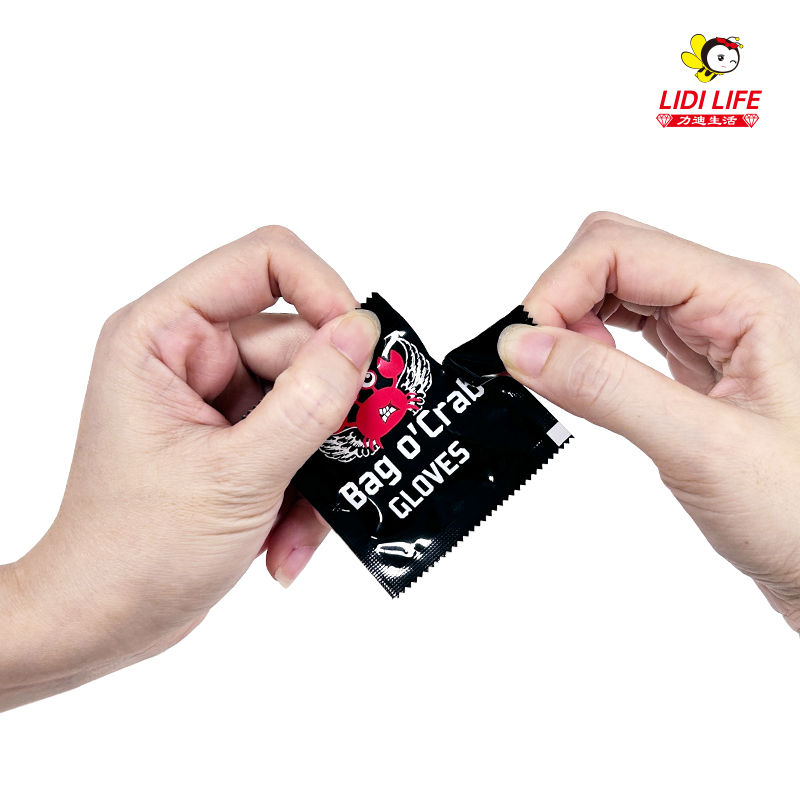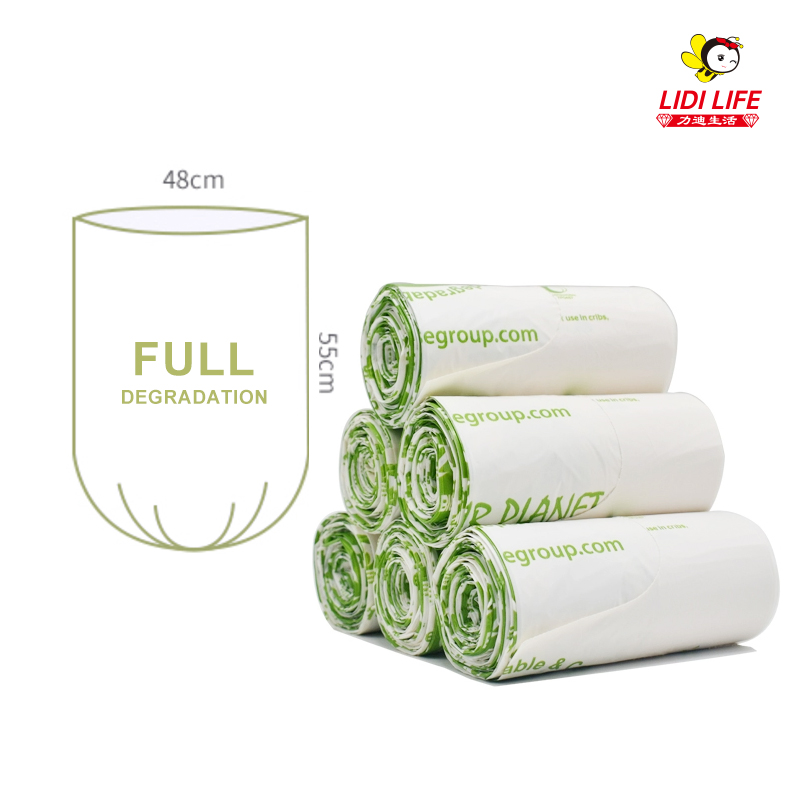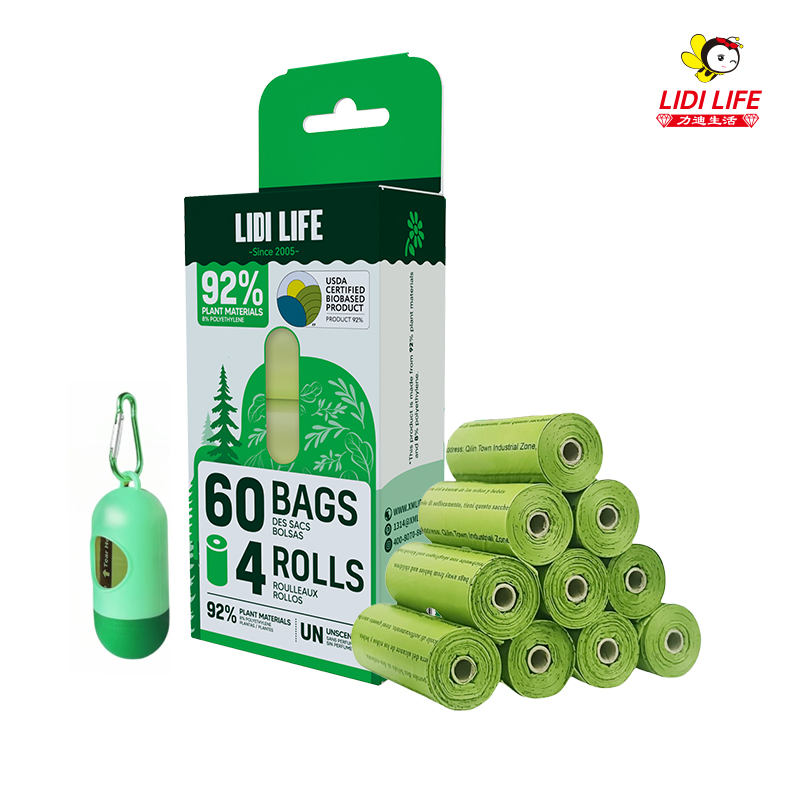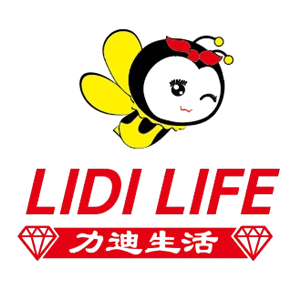Disposable gloves serve as an "invisible shield" against bacteria, grease, and chemicals. Extensive research confirms:
Proper glove use reduces hand contamination by >85%
In food service, gloves block 90% of pathogen transmission
Whether for home cleaning, food handling, or industrial protection, material selection determines effectiveness.
Material Classification & Performance Comparison
Beyond latex and nitrile, mainstream options include:
| Material | Thickness | Key Properties | Limitations | Ideal Use Cases |
|---|---|---|---|---|
| PE | 0.01-0.03mm | Waterproof, cost-effective | Low oil resistance, tears easily | Short-duration tasks: snack packaging, dry food handling |
| CPE | 0.04-0.08mm | Enhanced oil/grease resistance | Limited chemical protection | Oily foods (crayfish, fried items), automotive maintenance |
| PVC | 0.08-0.15mm | Acid/alkali resistant, anti-static | Deforms >60°C, avoid solvents | Wet cleaning, laboratory work, cold food prep |
Detailed Material Analysis
1. PE Gloves: The Essential Barrier
Composition: Polymerized ethylene (HDPE/LDPE)
Structural Limitation: Molecular gaps permit oil penetration within 15-30 minutes
Lidi Advantage:
Food-grade PE with 1.5x thickness (0.035mm)
Diamond-textured surface delays oil breakthrough by 40%
Certified: GB 4806.7-2016 (China), FDA 21 CFR 177.1520
2. CPE Gloves: Oil Defense Upgrade
Material Science: Chlorinated polyethylene enhances cross-linking density
Performance: Withstands vegetable oils/greases for 45+ minutes
Lidi Lobster Gloves:
1.6g thickness (industry standard: 1.2g)
Deep knuckle grooves prevent slippage
Passed ASTM F1671 blood-borne pathogen test
3. PVC Gloves: Tactile Precision
Chemistry: Plasticizer-free formulation
Safety Profile: Phthalate-free, low ionic contamination
Lidi Features:
Powderless interior reduces allergy risks
Beaded cuffs prevent fluid ingress
Dielectric strength: 18kV (ESD protection)
Selection Protocol
⚠️ PE Limitations:
Never use with hydrocarbon solvents (gasoline, acetone)
Discard after 30-minute continuous food contact
⚠️ PVC Precautions:
Thermal degradation begins at 70°C (releases HCl gas)
Avoid direct contact with raw meats (possible plasticizer migration)
⚠️ CPE Constraints:
Not for strong acids/alkalis (e.g., drain cleaners)
Limited protection against organic solvents
Why Lidi Excels
Certification Portfolio:
Food Safety: GB 4806, EU 10/2011, FDA CFR 177.2600
Quality Management: ISO 9001, BRCGS A+ Grade
Sustainability: REACH SVHC <0.1%, Halal/Kosher certified
Performance Validation:
PE Gloves:
Bacterial Filtration Efficiency (BFE): ≥95% (EN 14683)
Hydrostatic pressure resistance: >100cm H₂O
CPE Gloves:
Grease penetration time: 52 mins (ASTM F739)
Tensile strength: 18MPa (vs. industry avg. 14MPa)
PVC Gloves:
Surface resistivity: 10⁶-10⁹ Ω (ANSI/ESD S20.20)
Permeation breakthrough: >60 mins (10% NaOH solution)
Industry Applications
Food Service:
PE: Bakery item handling, salad prep
CPE: Frying stations, burger assembly
PVC: Sushi preparation, cold dish plating
Healthcare:
PE: Non-sterile examinations
PVC: Dental procedures (enhanced tactile feedback)
Industrial:
CPE: Machinery maintenance, paint handling
PVC: Electronics assembly (ESD-safe)
Conclusion: Material knowledge prevents 72% of glove-related incidents (OSHA data). For home kitchens, prioritize CPE for oily tasks and PE for dry handling. Industrial users should implement material-specific protocols based on chemical exposure charts. Lidi's triple-range solution covers 98% of use cases while exceeding global safety benchmarks.


